NIH
-

Clues to retinal cell degeneration
A reversible chemical modification of rhodopsin, a receptor for light, plays a role in the degeneration of retinal cells. Read MoreAug 28, 2012
-

Tool helps plumb electronic records
A tool developed for one institution’s electronic health records can work at other institutions, potentially facilitating the use of these records in research studies. Read MoreAug 24, 2012
-

African ancestry, stomach bug link
Socioeconomic factors, African ancestry linked to risk for cancer-causing infection. Read MoreAug 16, 2012
-

Key to a woman’s heart (condition)?
Females may be at higher risk of potentially fatal heart condition due to gender differences in a protein involved in the heart’s electrical activity. Read MoreAug 10, 2012
-

New therapeutic target for cold, flu viruses identified
Viruses that cause acute respiratory infections — such as human metapneumovirus (HMPV) and flu — impair a set of immune system cells that should clear the virus from the lungs. Now, Vanderbilt University investigators have discovered the signaling pathway that disables these immune cells. Read MoreAug 9, 2012
-
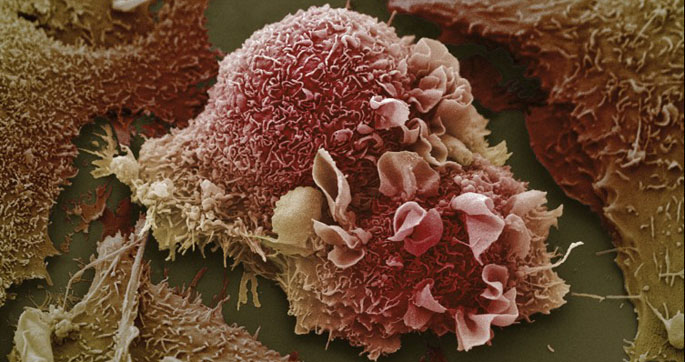
Study tracks how gene may promote lung cancer tumors
Vanderbilt-Ingram Cancer Center researchers have identified how one of the genes most commonly mutated in lung cancer may promote such tumors. Read MoreAug 9, 2012
-

Network approach yields glioblastoma clues
MicroRNA “regulatory networks” generated at Vanderbilt aid search for biomarkers and new drugs to treat glioblastoma, the most common and lethal primary brain tumor. Read MoreAug 9, 2012
-

Ancestry impacts smoking risk for lungs
Smoking is more detrimental to lung function in individuals with high proportions of African ancestry. Read MoreAug 7, 2012
-

Biomarkers may offer autism clues
A combination of biomarkers may reveal new clues about causes of and potential interventions for autism. Read MoreJul 31, 2012
-
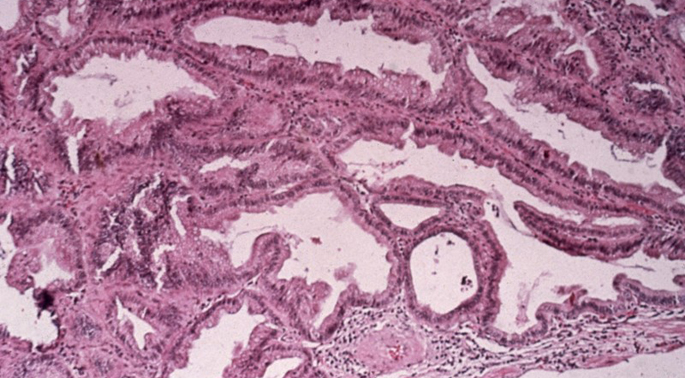
On the hunt for bladder cancer factors
A protein linked to aggressive bladder cancers could point to new strategies for treatment or prevention. Read MoreJul 26, 2012
-
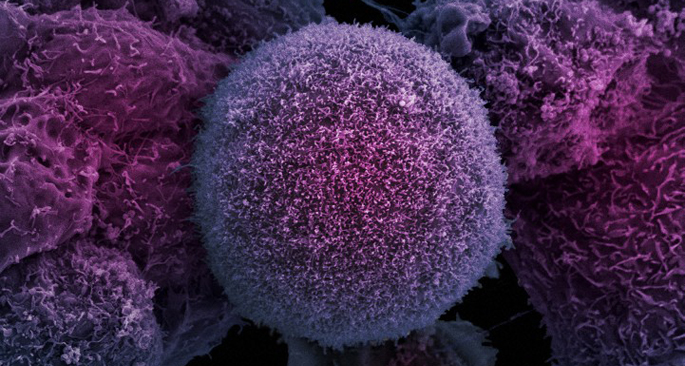
Proteins guard against cancer spread
Targeting immune system proteins may keep prostate cancer from spreading to bone. Read MoreJul 24, 2012
-
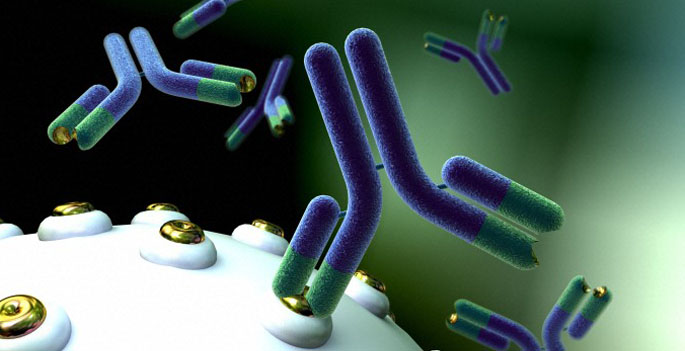
Long antibodies better against HIV
Understanding how antibodies with long “loops” form may be important for HIV vaccine development. Read MoreJul 19, 2012
-
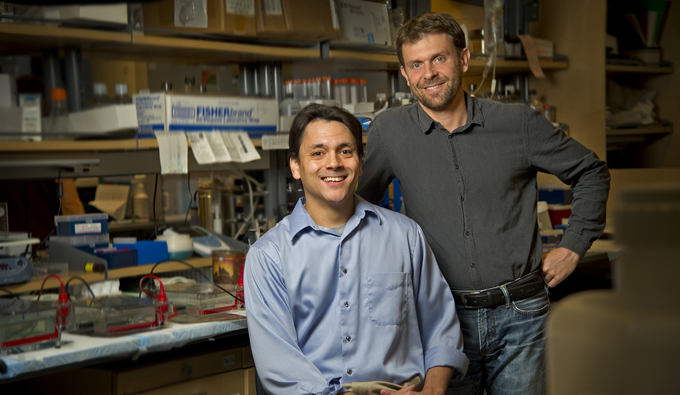
VU study finds stress fuels breast cancer metastasis to bone
Stress can promote breast cancer cell colonization of bone, Vanderbilt Center for Bone Biology investigators have discovered. Read MoreJul 18, 2012
-

Insights for neuroscience drug discovery
When discovering drugs for brain disorders, it’s important to test the candidates in multiple ways to avoid advancing those with restricted physiological effects. Read MoreJul 17, 2012
-

Gene’s impact on ‘good’ cholesterol could affect heart disease risk
A genetic variant may help keep an individual’s “good” cholesterol in check. Read MoreJul 12, 2012
-
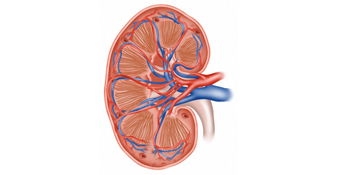
Obesity linked to kidney problems after heart surgery
Obesity increases the risk of acute kidney injury following cardiac surgery, according to a Vanderbilt study published in the Journal of the American Society of Nephrology. Read MoreJul 3, 2012
-

Research team invited to present at NIH institute’s 10th anniversary technology showcase
Vanderbilt University researchers were one of nine teams invited to participate in the National Institute of Biomedical Imaging and Bioengineering’s 10th anniversary technology showcase June 22 in Bethesda, Maryland. NIBIB is an institute within the National Institutes of Health. Read MoreJul 3, 2012
-

Receptor’s role in nutrition brain circuitry
New findings point to brain circuitry that communicates about the body’s nutritional status and regulates how nutrients are mobilized. Read MoreJul 3, 2012
-

Low oxygen could protect sick kidneys
Low oxygen – and the activation of factors that respond to this situation – may be protective in chronic kidney disease. Read MoreJun 28, 2012
-
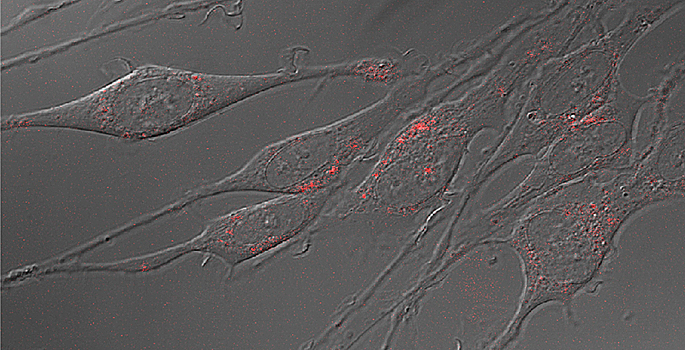
Probing the roots of depression by tracking serotonin regulation at a new level
An interdisciplinary team of scientists have successfully tagged a protein that regulates the neurotransmitter serotonin with tiny fluorescent beads, allowing them to track the movements of individual molecules for the first time. This capability makes it possible to study the manner in which serotonin regulates mood, appetite and sleep at a new level of detail. Read MoreJun 27, 2012